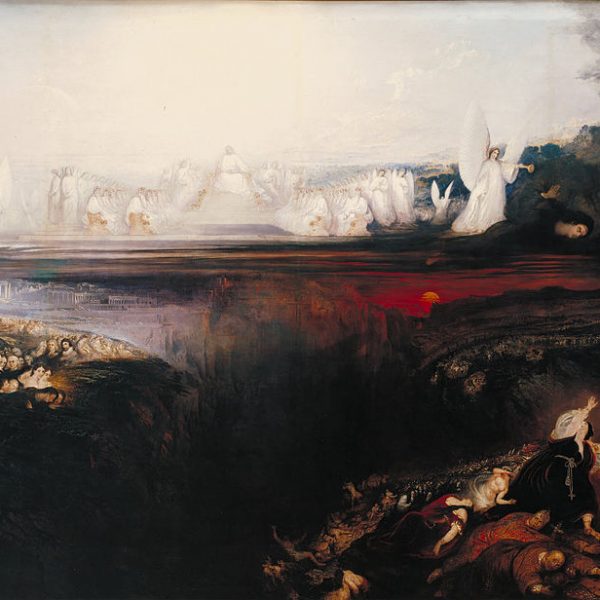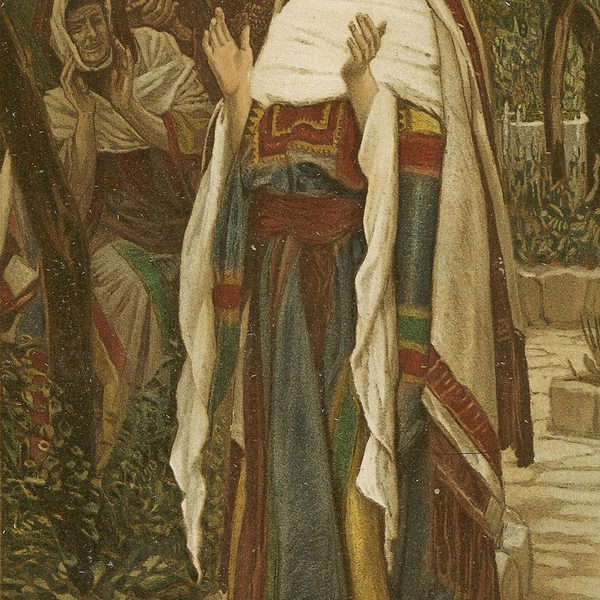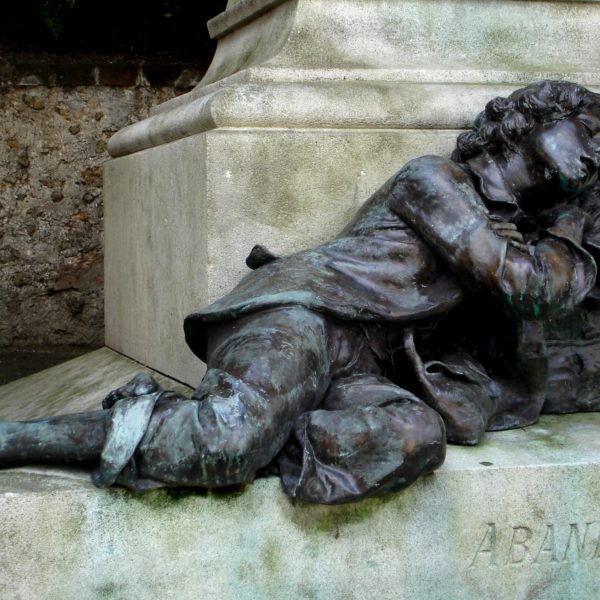
The Magnificat is a song of divine disruption, the song of God’s revolution.

Advent declares that the time has come upon us, that the King of Kings is about to arrive. The Advent claim that Jesus is Lord is a fundamental orienting claim for all of our politics.
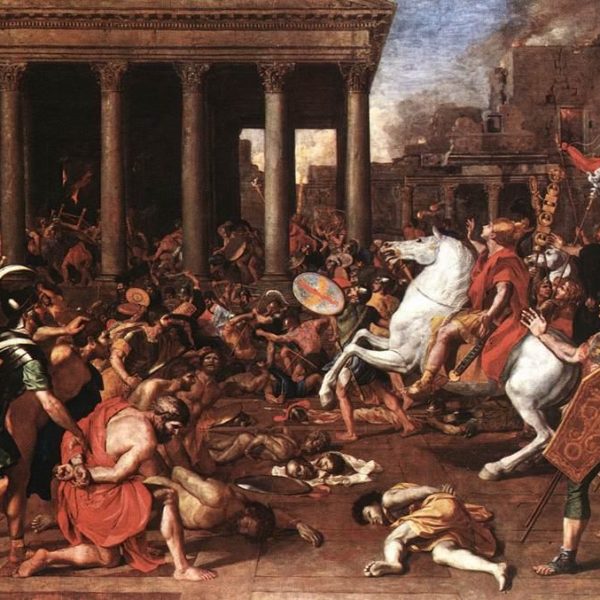
Jesus teaches his disciples the meaning of waiting in a faithful manner. Keeping watch for God’s work within the world requires avoidance of distraction and a desperate faithfulness.
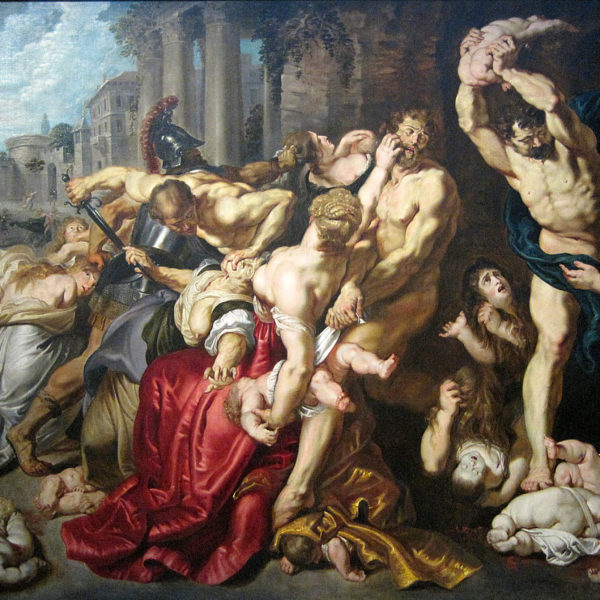
The account of the slaughter of the innocents rests like a deeply unsettling shadow upon the Christmas story, with its themes of God’s peace and presence. Yet, in reflecting upon this account, we may discover a profound new conception of the mode of God’s presence within our world and its tragedies.
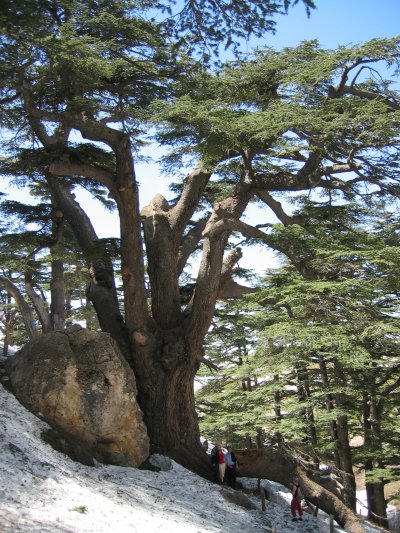
Isaiah 35:1-10 is a hopeful final statement to First Isaiah. Bringing together images of nature leading the way into a new world and release from political oppression, it continues to resonate in our contemporary situation.
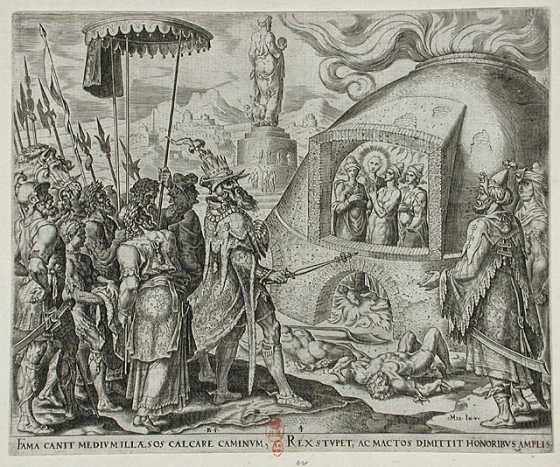
The story of the deliverance of Daniel’s three friends from persecution for their faith takes an unpleasant turn as a new form of religious oppression is set up as its immediate effect. Apparent victories are all too often co-opted by the vicious dynamics of the political systems that they appeared to have overcome. In Advent, however, we see a political rupture that can never be dissolved back into the prevailing power structures.

